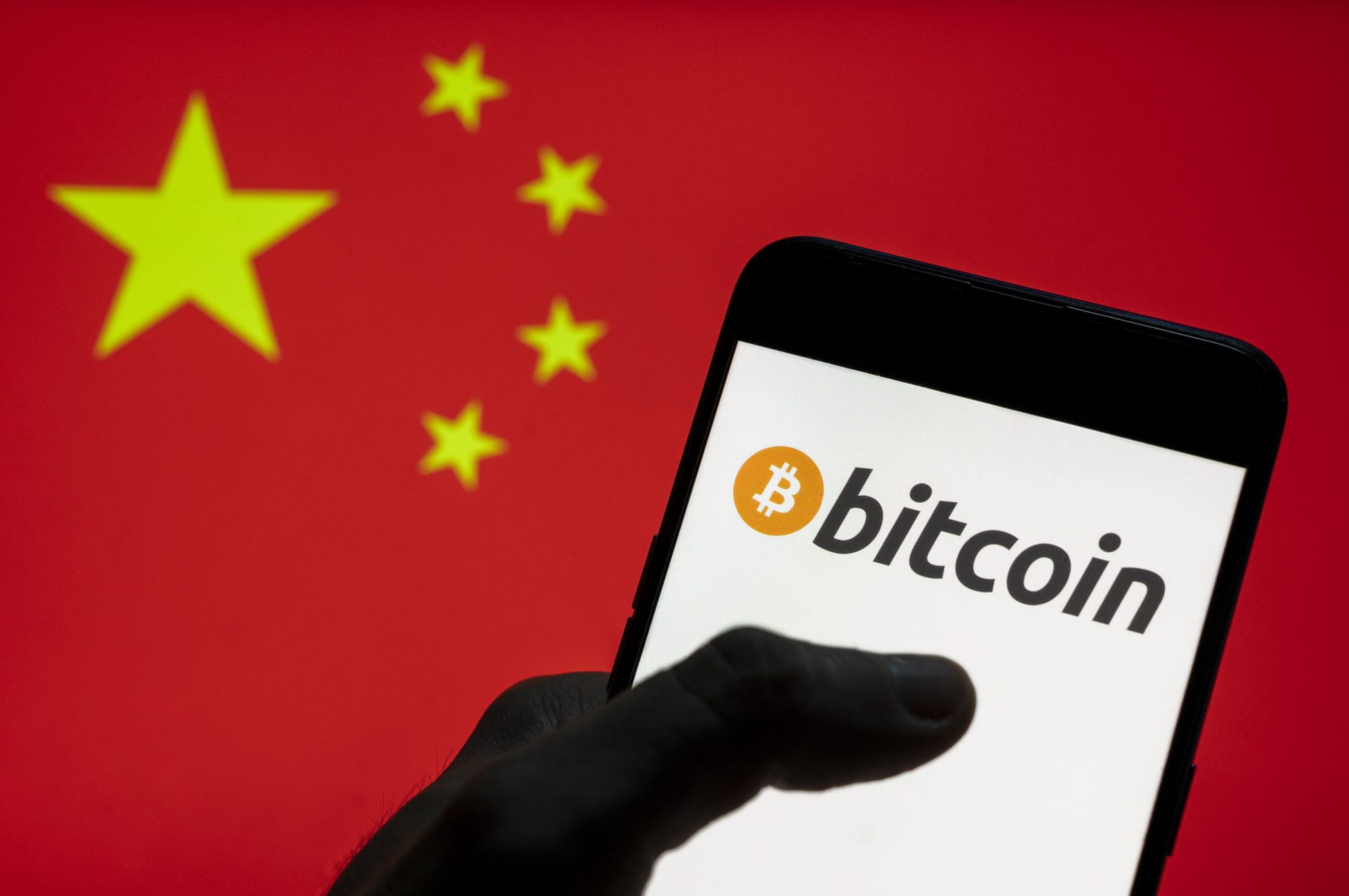China Weighs Bitcoin Strategic Reserve in Crypto Regulation Talks

China’s increasing stockpile of cryptocurrencies confiscated from illegal activities is driving local governments to seek innovative disposal methods, while prompting urgent calls for clearer regulations from the judiciary and financial sectors. Despite a nationwide ban on cryptocurrency trading, local authorities have turned to private firms to convert seized digital assets into cash, bolstering strained public finances. This practice, however, operates in a regulatory gray area, raising concerns about transparency and potential corruption. As criminal cases involving digital currencies surge, experts and officials are pushing for standardized rules to govern the handling of these assets, a move that could reshape China’s approach to cryptocurrencies.
The lack of clear guidelines has led to inconsistent methods for managing seized cryptocurrencies like Bitcoin, which are not recognized as legal tender or assets in China. Local governments, facing economic pressures, have relied on private companies to sell these tokens on offshore markets, with proceeds converted into yuan to support public budgets. Transaction records reviewed by Reuters reveal that firms based in Shenzhen, have facilitated sales worth over 3 billion yuan since 2018 for cities in Jiangsu province. Legal scholars argue that this approach, while practical, conflicts with China’s crypto trading ban and requires urgent oversight to prevent misuse.
Stay In The Loop and Never Miss Important Bitcoin and Crypto News
Sign up and be the first to know when we publishRising Crypto Crimes and Regulatory Push
The urgency for reform has intensified with a sharp rise in crypto related crimes, including fraud, money laundering, and illegal gambling. In 2023, the financial scale of these crimes skyrocketed to 430.7 billion yuan, a tenfold increase, according to blockchain security firm SAFEIS. China’s top procurator reported legal action against 3,032 individuals for crypto related money laundering last year, reflecting the growing challenge. This surge has coincided with a 65% increase in local government penalty and confiscation revenues over five years, reaching 378 billion yuan in 2023, with seized cryptocurrencies playing a significant role in some regions.
Legal and financial experts are advocating for a unified framework to address these challenges. At a recent seminar, attended by judges, police, and lawyers, participants discussed recognizing cryptocurrencies as assets under the law and establishing a standardized disposal process. Suggestions included centralizing the management of seized assets, potentially through the central bank or a dedicated agency, to ensure compliance and transparency. Some experts, like Shenzhen-based lawyer Guo Zhihao, proposed that China could emulate U.S. President Donald Trump’s plan to create a Strategic Bitcoin Reserve, either by selling seized tokens overseas or retaining them strategically.
The involvement of private firms in disposing of cryptocurrencies has sparked additional concerns. Without regulatory oversight, these companies operate with little scrutiny, raising questions about the security of assets and compliance with capital controls. Blockchain service providers maintain that such disposals are legitimate if conducted through licensed offshore exchanges, but some lawyers emphasize the need for vetting third-party firms and clarifying the legal status of digital currencies. A centralized approach, potentially modeled on Hong Kong’s regulated crypto market, could maximize the value of these assets while aligning with China’s broader financial policies.
As China navigates this complex issue, the global context adds further pressure. With the U.S. exploring cryptocurrency deregulation under Trump’s second term, China’s response could influence its position in the global financial landscape. Proposals to create a crypto sovereign reserve fund in Hong Kong or consolidate disposals under central government oversight reflect a pragmatic approach to managing these assets.

